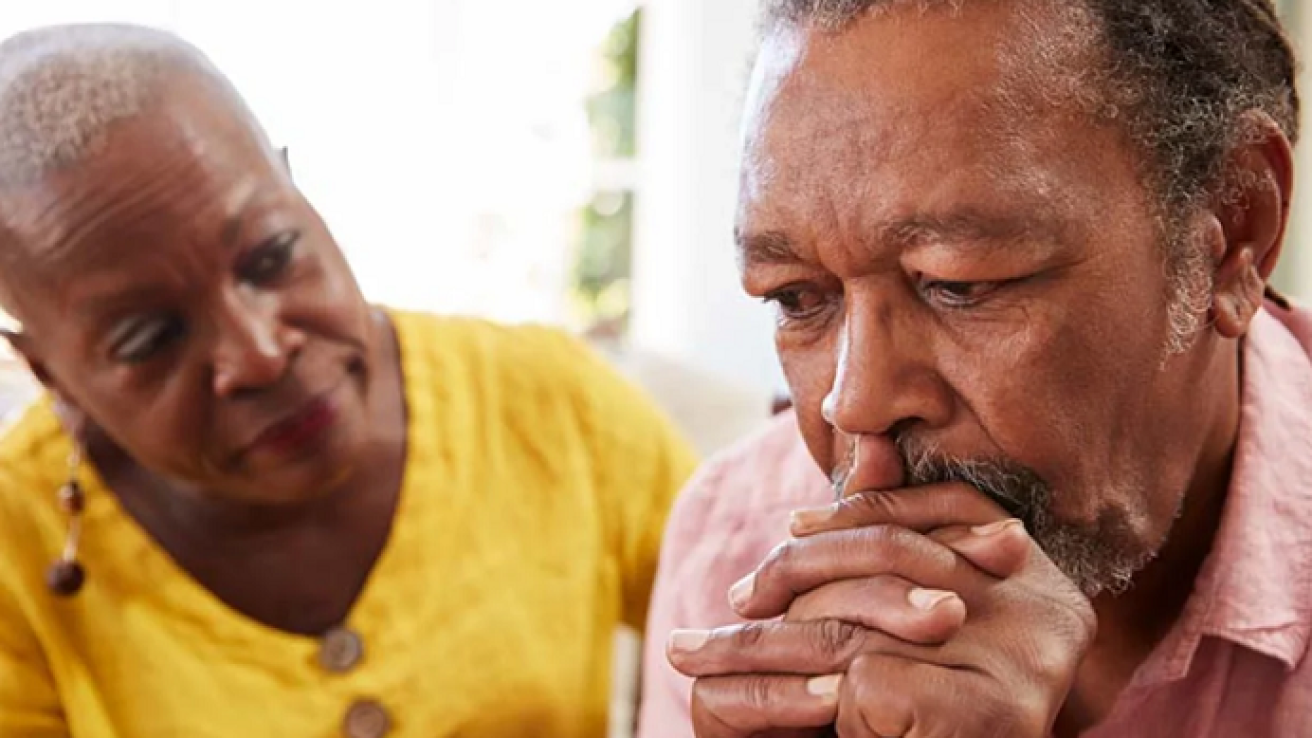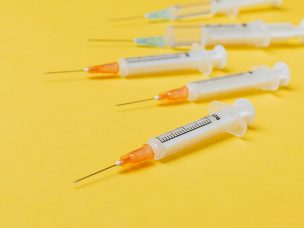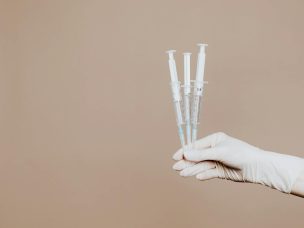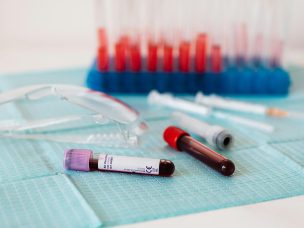Social and financial struggles are common among Black American cancer survivors and take a heavy toll on their health-related quality of life, according to a new study.
Health-related quality of life among cancer survivors — how a person perceives their mental, physical and social well-being — tends to be significantly lower among Black Americans than in other groups.
In this study, researchers assessed whether social needs may affect this racial disparity. Social needs include food and housing insecurity, utility shut-offs, not getting health care due to cost or lack of transportation, and neighborhood safety concerns.
In all, researchers looked at more than 1,700 Black survivors of breast, colon, lung or prostate cancer. All were enrolled in the Detroit Research on Cancer Survivors study.
More than one-third (just over 36%) reported social needs, and 17% had two or more. Rates ranged from nearly 9% for utility shut-offs to almost 15% for food insecurity.
The findings were published Nov. 23 in the American Cancer Society’s journal, Cancer.
The link between cancer survivors’ social needs and lower health-related quality of life is not surprising, but the association hadn’t been quantified before, according to lead author Theresa Hastert, of the Karmanos Cancer Institute in Detroit.
She noted that Black cancer survivors are often underrepresented in research, and their social needs may be greater than other cancer survivors’.
But, Hastert added, the findings may apply to other groups as well.
“My hope is that these findings raise awareness among cancer care providers and cancer researchers that many patients face substantial social and financial difficulties and that these have real impacts on patients’ health-related quality of life on top of cancer and cancer treatment,” Hastert said in a journal news release.
“Cancer care and survivorship settings may represent an opportunity to screen for social needs, to connect patients and survivors with programs and services to address those needs, and to implement innovative interventions to reduce health disparities by addressing social needs among Black cancer survivors,” she added.










